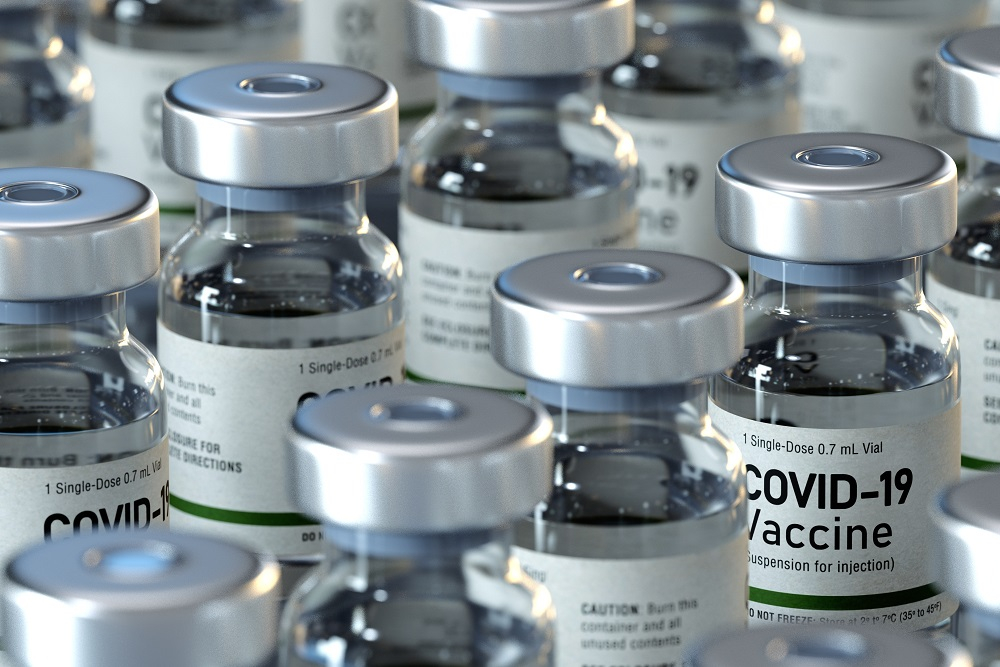Ontario Tech University researcher sets the record straight on vaccine facts and myths
Questions and answers with Faculty of Health Sciences expert Dr. Wally Bartfay
September 9, 2021

From a global health and wellness standpoint, it’s unlikely that history will look back fondly on the early years of the 2020s. The arrival of SARS-CoV-2, the virus that causes COVID-19, has disrupted almost every aspect of our daily lives.
Navigating the health emergency over the past 18 months has not been easy. As of early September 2021, there have been more than 219 million identified cases of COVID-19 and more than 4.55 million deaths. In North America, there have been three distinct COVID-19 ‘waves’, and most experts concur a fourth wave is gathering steam.
One major societal difference in 2021 vs 2020: many people, including a majority of Canadians, have heeded the advice of health experts and are now fully vaccinated against COVID-19. While vaccines do not fully guarantee one won’t still become ill to a certain degree, they dramatically reduce the risk of infection and limit the chance for further virus spread. Vaccines lessen the impact on our overall health-care system. History and medicine have proven this with a host of other diseases.
Despite the availability of vaccines and their proven capacity to curb COVID-19, there are pockets of society, in Canada and elsewhere, still pushing back against the notion of vaccination.
While a small percentage of immunocompromised patients may not be eligible for the shots, vaccine hesitancy or refusal threatens to limit the overall effectiveness of vaccination programs. Competing opinions over the merits, and even safety of, vaccines continue to swirl in social media channels.
Dr. Wally Bartfay of the Faculty of Health Sciences at Ontario Tech University looks to break down the facts in a myth-busting discussion (data current as of August 28, 2021).
Questions and answers
- How do vaccines actually work?
- Can you still get COVID-19, even after being vaccinated?
- There are so many things pushing and pulling at vaccine uptake. Hardcore anti-vaxxers are fighting about perceived ‘rights’ to not get vaccinated. At the same time, there’s as a rising chorus of pro-vaxxers saying their ‘rights’ to live in the healthiest society possible take priority. What risks does this battle of opinion pose?
- What about the battle of misinformation in social media?
- How effective has Canada’s vaccination program been so far?
- This is both puzzling and alarming from a public-health perspective given that COVID-19 has killed more than 4.55 million individuals to date globally, and we have recorded more than 1.56 million lab-confirmed cases in Canada alone and more than 27,330 deaths to date.
- Will people ultimately need ‘boosters’ down the road?
- Where does Canada need to be in order to achieve so-called ‘herd immunity’?
- Will vaccine passports become a reality in Ontario and/or Canada? Can they be made mandatory from a legal standpoint?



